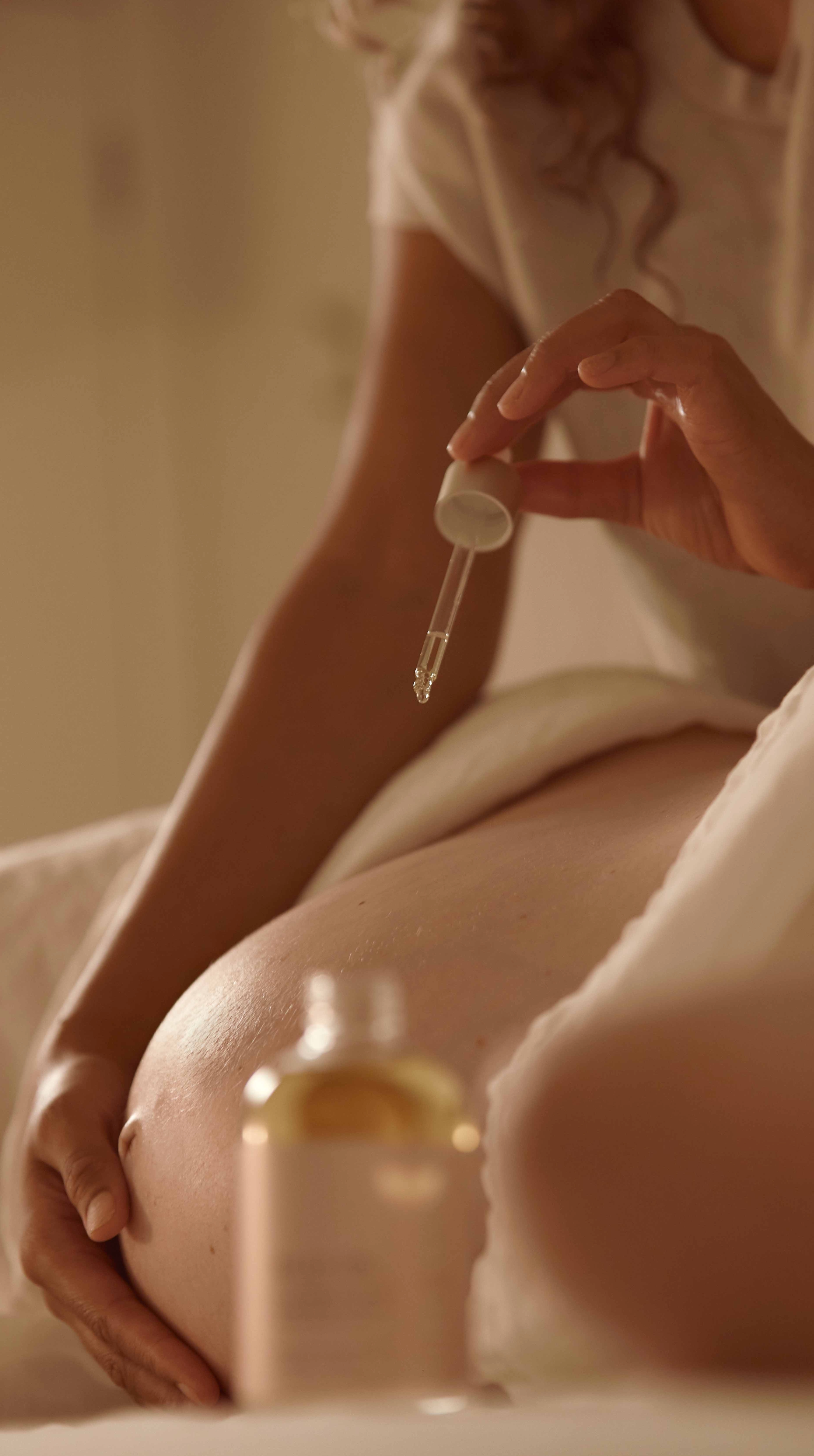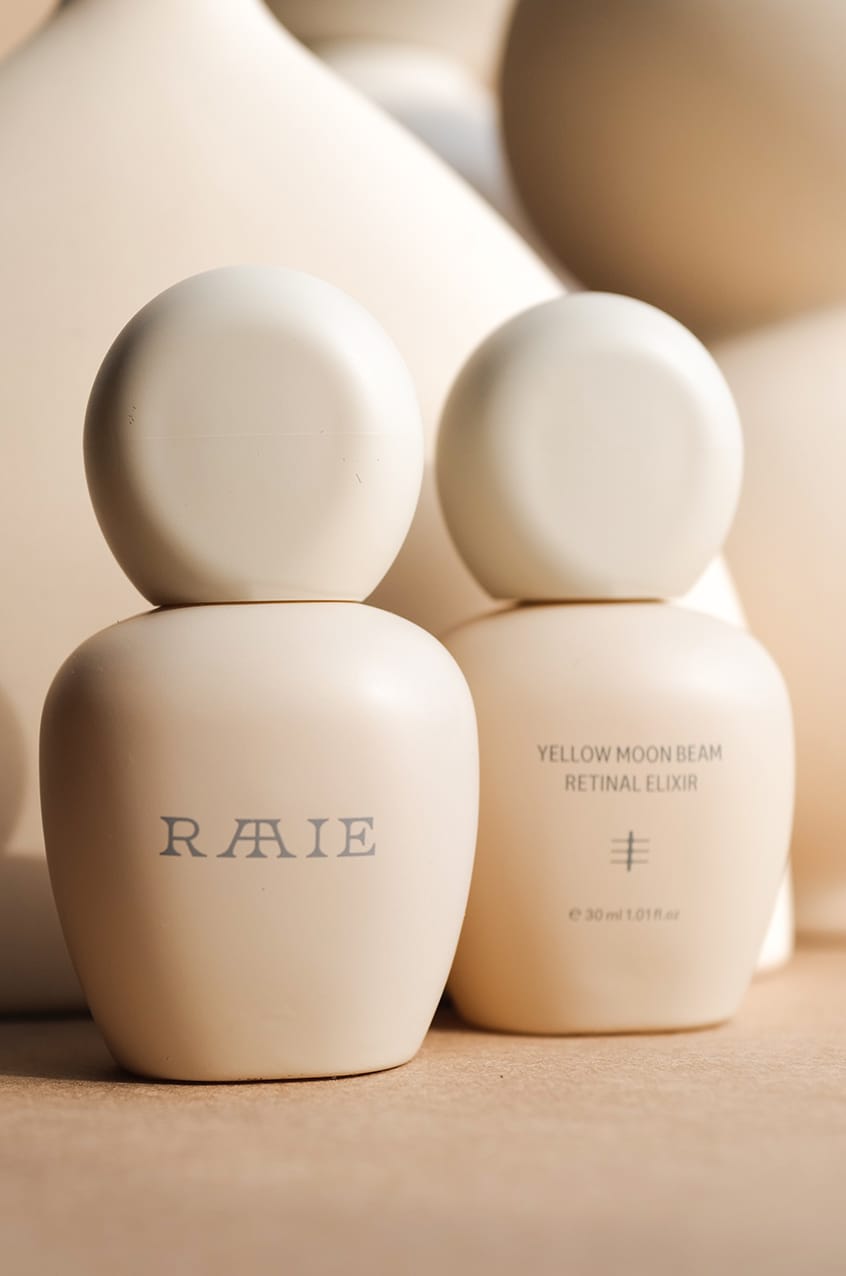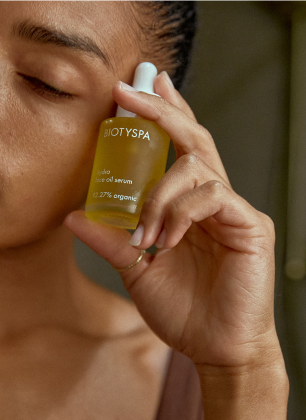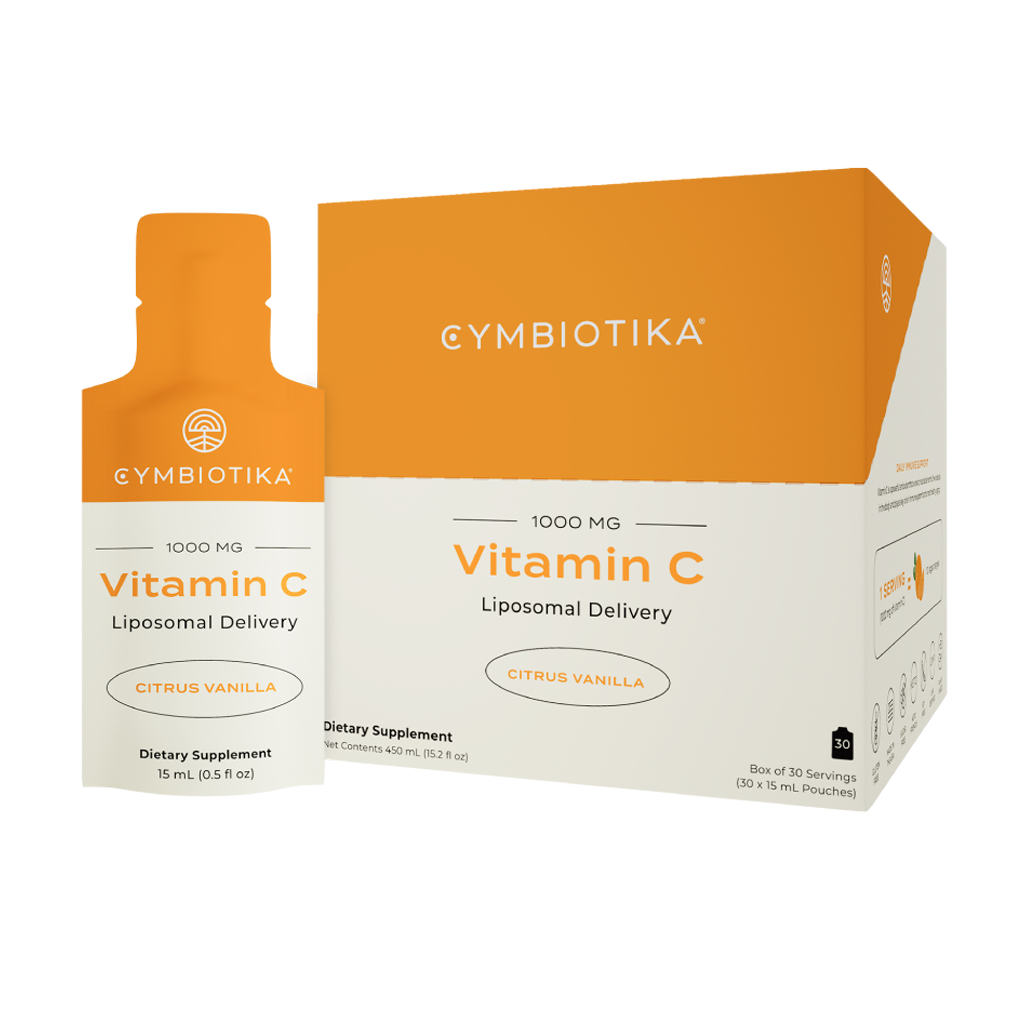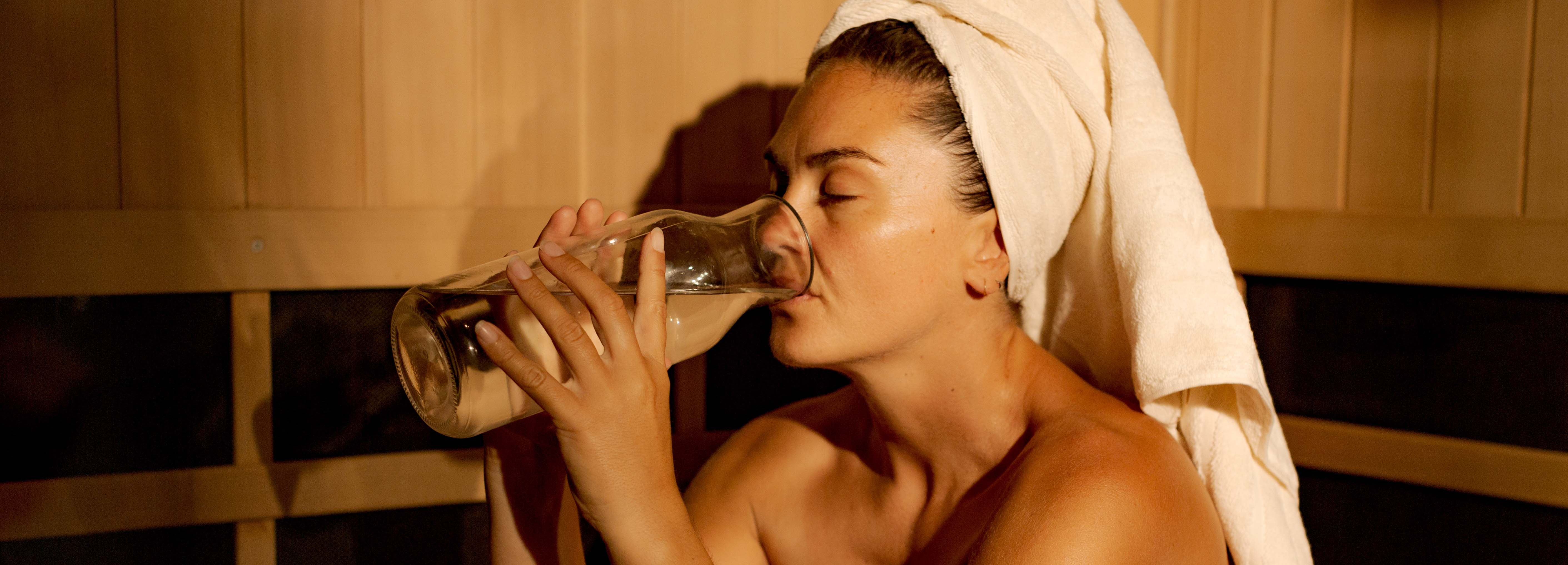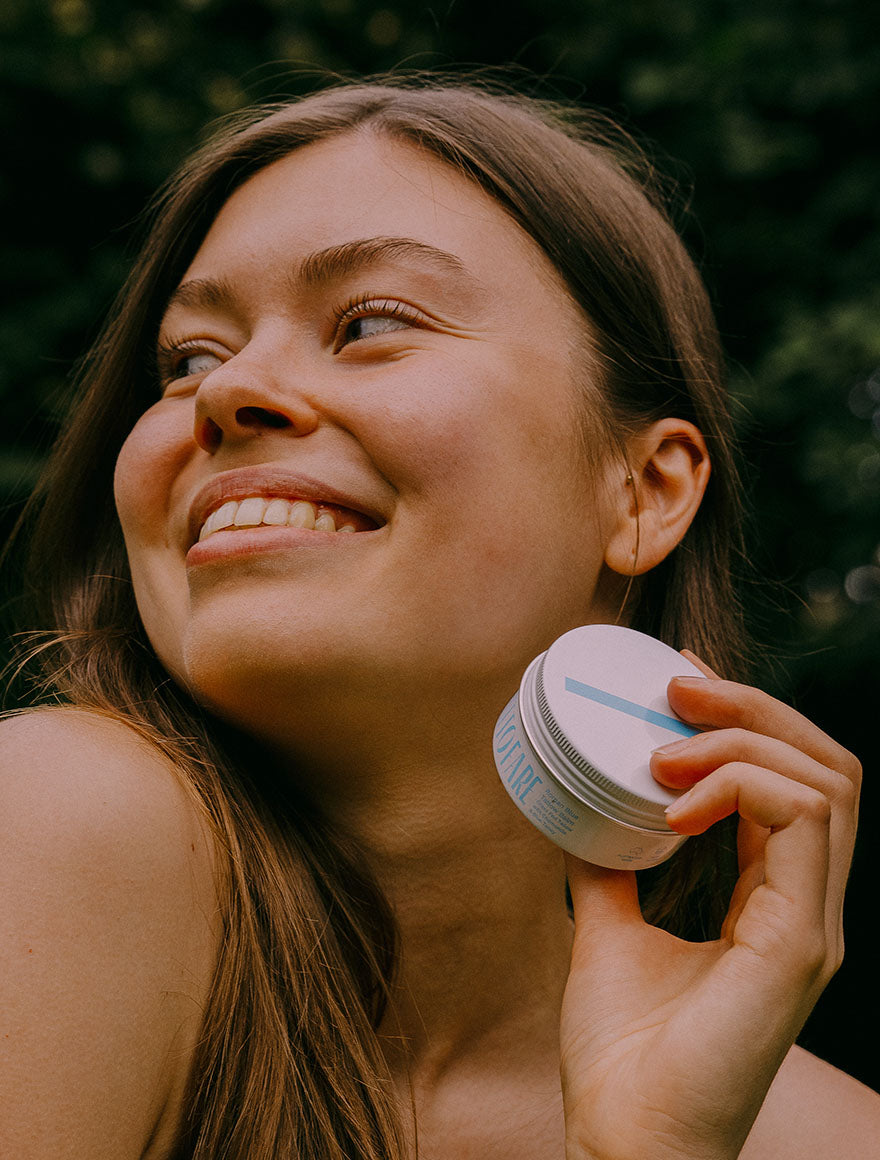Our susceptibility to ills and chills is higher over the colder, darker months. This is due to reduced sunlight exposure and a drop in vitamin D levels which weakens our defences. Pathogens (viruses and bacteria) spread more easily in colder temperatures and in indoor spaces, where many of us spend most of our time over winter.To maintain our health over the cold, dark months, it’s therefore important to bolster our immune systems with healthy foods, herbs and practices.

What is the immune system and how does it work?
The immune system is a network of cells, tissues, organs and proteins that have the crucial role of protecting us from pathogens such as bacteria, viruses, parasites and fungi.
A healthy and well functioning immune system is able to distinguish healthy tissue from unhealthy damaged tissue. It mounts an immune response when it identifies an unwanted substance – removing pathogens and dead or damaged cells.
After initial exposure to a pathogen, the immune system usually stores this information. If we come into contact with the same pathogen again, the immune system quickly identifies the intruder and mounts an aggressive attack to remove it promptly from the body.
Explore how Hana treatments can support the immune system
Regular use of infrared saunas can boost immune system function, providing protection against infection. It does so by inducing an artificial fever, which makes the body uninhabitable to pathogens. Fever also boosts the production of white blood cells and can alter the surface proteins on lymphocytes, making it easier for them to travel to sites of infection.
Raising core body temperature with infrared sauna also promotes the production of heat shock proteins (HSP). This group of proteins help to repair cellular damage and protect cells from further damage. Additionally, HSP’s play a role in the activation of macrophages and lymphocytes and dendritic cells.
There is a risk of dehydration with sauna bathing when you are sick with a cold or flu, which can further exacerbate symptoms. So proceed with caution if you are unwell and considering using a sauna.
PBM boosts mitochondrial function, which in turn supports the innate and adaptive branches of the immune system. Mitochondria regulate the activation, differentiation and survival of immune system cells. The transcription of immune cells is also regulated by the mitochondria through the release of mitochondrial DNA (mtDNA) and mitochondrial ROS (mtROS).
PBM has also shown promise as a treatment for lowering inflammation in conditions where the immune system has become dysregulated, such as autoimmune disease and severe cases of Covid-19. In these conditions, the ‘cytokine storm’ cascade causes unrelenting inflammation that is damaging to the vital organs. PBM has an immunomodulatory effect on cytokine regulation, lowering levels of pro-inflammatory cytokines and increasing anti-inflammatory cytokines. It also helps to balance neutrophil levels, reducing the over-accumulation of neutrophils that is associated with cytokine storm.
Contrast therapy, which alternates between hot and cold treatments, plays a crucial role in supporting immune function. The rapid change in temperature stimulates circulation, enhancing blood flow and lymphatic drainage. This process helps to flush out toxins, increase white blood cell production, and improve the body's natural defences against pathogens. The cold exposure, in particular, triggers a reduction in inflammation and strengthens the immune response by promoting the activation of immune cells. Regular contrast therapy sessions can, therefore, be an effective way to fortify your immune system during the winter months.
Massage therapy is more than just a relaxation technique; it has significant benefits for immune health as well. Through the manipulation of soft tissues, massage promotes increased circulation and lymphatic flow, which are essential for the effective removal of toxins and pathogens. Additionally, massage has been shown to reduce levels of stress hormones like cortisol, which can suppress immune function. By lowering stress and boosting the circulation of lymph and blood, regular massage therapy can help strengthen the immune system, making it more resilient to the seasonal threats of winter.
Nutritional Support for Immunity
To further support your immune system, incorporate immune-boosting nutrients into your diet:
- Vitamin C: Essential for immune cell function and an antioxidant that protects against free radical damage. Boost your intake with citrus fruits, kiwifruit, broccoli, and superfoods like acerola and Kakadu plum.
- Vitamin A: Supports the epithelial barriers of your gut, skin, and respiratory tract. Find active vitamin A in animal sources like cod liver oil, liver, eggs, and full-fat dairy.
- Vitamin D: Vital for immune response and best obtained through moderate sun exposure or foods like oily fish, egg yolks, and cod liver oil.
- Zinc: Crucial for immune cell development and function. Increase your zinc intake with shellfish, red meat, poultry, and seeds like pumpkin seeds.
By combining these natural approaches—therapeutic practices and nutrient-rich foods—you can fortify your immune system and maintain optimal health throughout the winter season.
